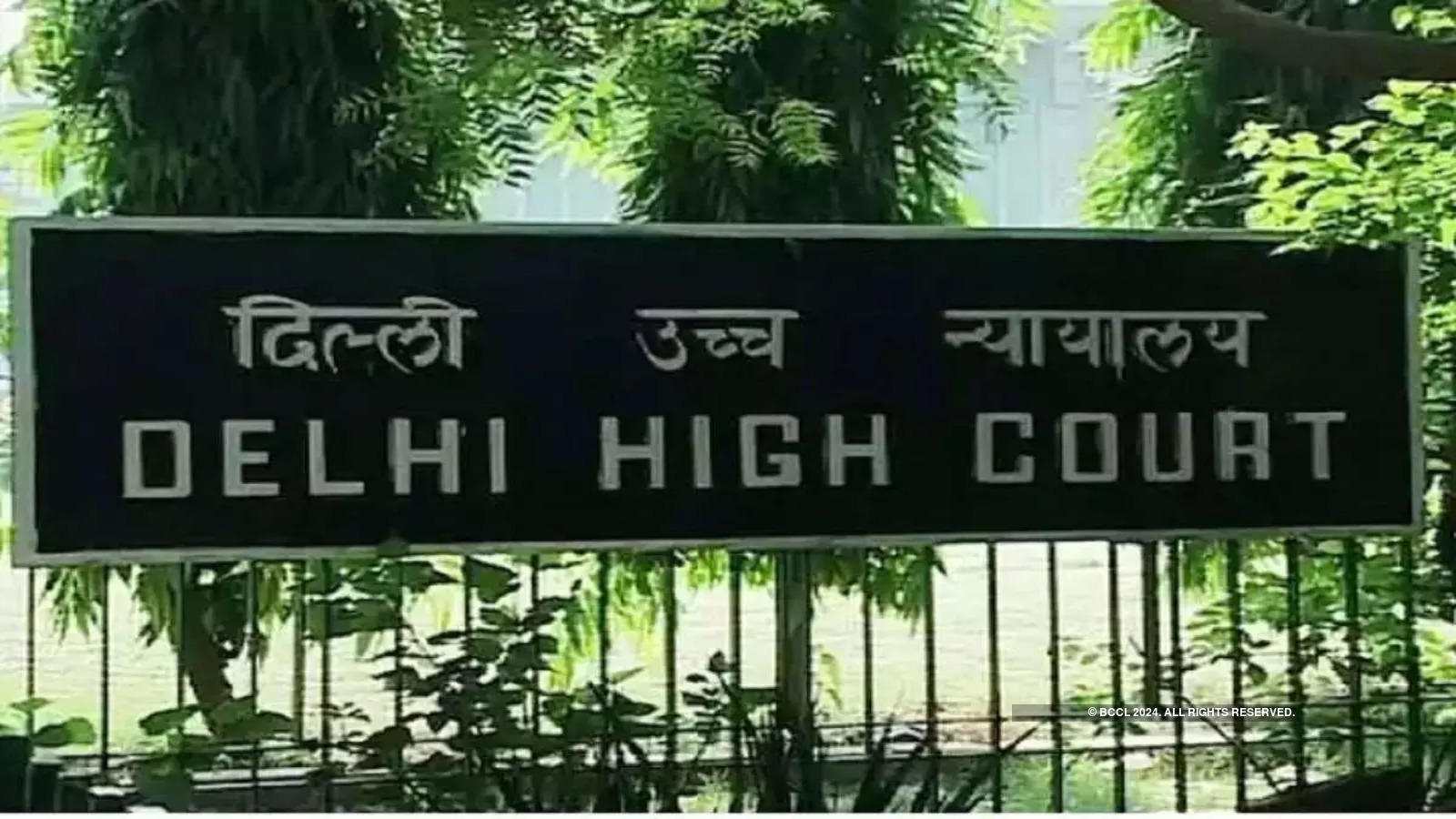


A Delhi sessions court at Saket recently set aside an order passed by a magistrate court taking cognisance of a case where a man was booked for rape on a false promise of marriage, which he allegedly made to a woman who he met on the dating app, Bumble.Principal District and Sessions Judge Madhu Jain quashed the cognisance order passed by the Additional Chief Metropolitan Magistrate (ACMM), South Saket, on finding that the magistrate's order was bereft of necessary details, including the Sections under which cognisance was being taken.The sessions court has now ordered the ACMM, South, Saket to pass a fresh, detailed cognisance order."Bare perusal of impugned order dated 16.02.2024, shows that learned ACMM has simply mentioned that she has taken the cognizance but she has not mentioned even the sections under which the cognizance has been taken. In view of the above findings and authoritative pronouncements, the impugned order dated 16.02.2024 passed by learned ACMM, South, Saket is set aside," the sessions court's April 15 order said.The sessions court added the magistrate should include illustrations for the offences in respect of which cogisance is being taken, after considering the facts and circumstances of the caseThe sessions judge clarified that while taking cognisance, the court is not obligated to delve into the merits of the case.However, even at the stage of taking cognisance, the court is required to provide an account of the facts considered for acknowledging the offence, the sessions court explained.The case before the court concerns a first information report (FIR) lodged against three individuals accused of rape and other offences under the Indian Penal Code (IPC).The main accused was arrested on December 16, 2023 after a woman (complainant) accused him of raping her under the pretext of marriage, threatening her, and assaulting her along with his two friends.The accused man has denied the allegations, and claimed that he withdrew from associating with the complainant after he was told that she had earlier filed (and later compromised) a similar case against another person.Before the sessions court, the accused man's counsel added that his client's career had also been affected by the filing of this case. A Delhi court granted the accused man bail in February.On February 16, 2024, the ACMM, South, Saket, Delhi took cognisance of the offence against the accused persons.Dissatisfied with the cognisance order, the three accused persons filed three separate revision petitions before the sessions court by which they questioned the correctness of the magistrate's order.The counsel for revisionists (accused) argued that the contested order was cryptic, lacked clarity and failed to provide proper reasoning, indicating a lack of thoughtful consideration.It was further argued that no evidence was presented to substantiate the complainant's allegations and that the ACMM issued the order routinely and without sufficient scrutiny.To decide on the matter, the sessions court discussed the limited scope of Section 397 (calling for records) of the Code of Criminal Procedure (CrPC).The court noted that Section 397, CrPC could only be invoked to ensure that there is no illegality, irregularity or patent defects in orders passed by a lower court.However, on finding that the magistrate's order, in this case, lacked necessary details, the sessions court set aside the magistrate's February 16 order and directed that a fresh order be passed in the matter.The accused persons were directed to appear before ACMM, Saket on May 7.Advocate Namit Saxena appeared for the accused persons.Additional Public Prosecutor Jagdamba Pandey represented the State, and advocate Aditya Tripathi appeared for the complainant.
TAGS: Delhi sessions court Saket Principal District and Sessions Judge Madhu Jain Additional Chief Metropolitan Magistrate (ACMM)